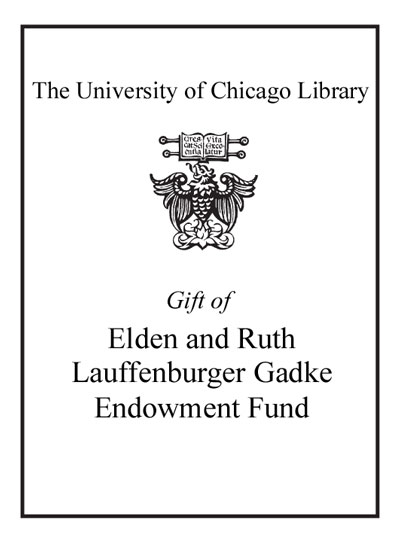The eudaimonist ethics of al-Fārābī and Avicenna /
Saved in:
| Author / Creator: | Mattila, Janne, author. |
|---|---|
| Imprint: | Leiden ; Boston : Brill, [2022] |
| Description: | vi, 247 pages ; 24 cm. |
| Language: | English |
| Series: | Islamic philosophy, theology and science, 0169-8729 ; volume 116 Islamic philosophy, theology, and science ; v. 116. |
| Subject: | |
| Format: | Print Book |
| URL for this record: | http://pi.lib.uchicago.edu/1001/cat/bib/12794653 |
| Summary: | Now available in Open Access thanks to the support of the University of Helsinki. <br> <br> Al-Fārābī and Avicenna are the two most influential authors of the classical period of Arabic philosophy, yet their ethical thought has been largely overlooked by scholars. In this book, Janne Mattila provides the first comprehensive account of the ethics of these important philosophers. The book argues that even if neither of them wrote a major ethical work, their ethical writings form a coherent ethical system, especially when understood in the context of philosophical psychology, cosmology, and metaphysics. The resulting ethical theory is, moreover, not derivative of their classical predecessors in any simple way. The book will appeal to those with interest in Arabic/Islamic philosophy, Islamic intellectual history, classical philosophy, and the history of moral philosophy. |
|---|---|
| Physical Description: | vi, 247 pages ; 24 cm. |
| Bibliography: | Includes bibliographical references (pages 215-232) and indexes. |
| ISBN: | 9789004506473 9004506470 9789004506916 |
| ISSN: | 0169-8729 ; |

